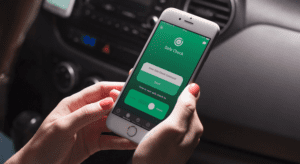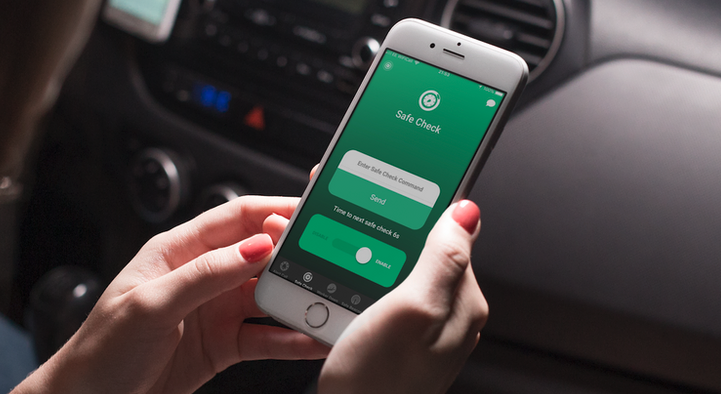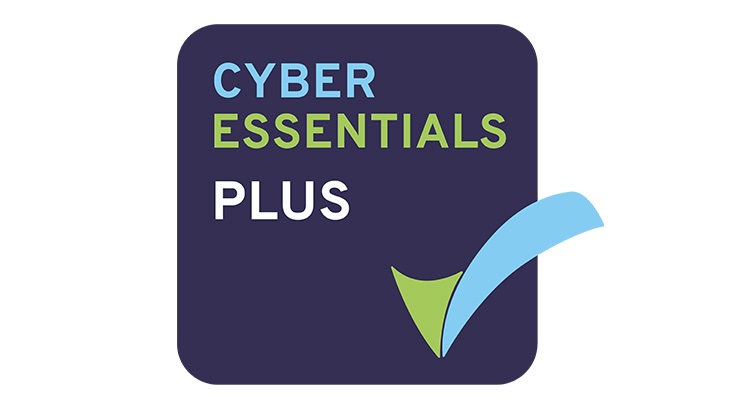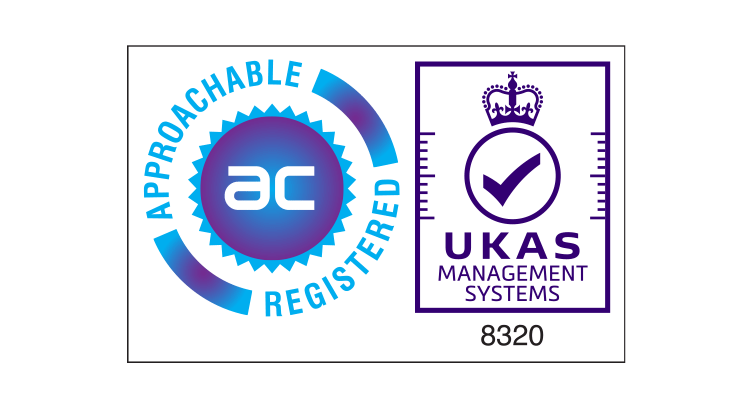Whether they’re working from home or out for a series of meetings with clients, lone workers need to check in periodically. This signals their welfare, helping employers to do their duty and reminding lone workers that their employer cares about them. And to make sure they remember to do this, employers should make it as easy as possible for lone workers to check in. Safe Check is our proactive lone worker safety feature which is directly managed by the lone worker. It can be easily enabled on our app and many of our dedicated devices -and in this blog, we’ll remind you how it works.
 Using Safe Check as part of everyday practice
Using Safe Check as part of everyday practice
For many lone workers, their working day is hectic and unpredictable. The last thing they want to do is to have to call a manager or other colleague to confirm that they are safe. That’s why we developed Safe Check on Safe Hub, our proactive, periodic welfare check feature. By automating the check-in system, lone workers can go about their working day with minimal interruption and maximum effectiveness.
At the end of a set interval, Safe Check requests a code from the lone worker via an automated prompt. Once they confirm their welfare by entering this code into their device or app, Safe Check resets and a new countdown interval begins, so they can get on with their working day. If they’re not OK, or if they fail to respond, the issue is flagged at the Alarm Receiving Centre (ARC). This triggers the personal escalation process for that worker, whether it’s a call to a line manager or an immediate dispatch call to emergency services.
Welfare checks to fit the individual lone worker’s day
Helpfully, lone workers can select and amend the intervals as needed, to suit their individual working practices and avoid false alerts. For instance, they can set shorter prompts during individual client visits if they’re concerned about potential issues with behaviour. At the start of a long car journey, they can set prompts for when they know it’s safe to respond. Or if they’re in a lengthier meeting, they may want to set a longer interval. And in any case, should they fail to respond to the prompt for a benign reason, they can easily let the ARC know to stand down.
Many lone workers have Safe Check enabled throughout their working day. But it can be particularly useful at specific times. For instance, it’s ideal for a worker visiting a service user or customer at their home. For others, it will come into its own when they’re leaving the office late at night and walking to a car park or driving in poor weather. The lone worker can also add additional information such as a postcode, to assist with locating them in an emergency.
Safe Check for proactive lone worker safety
We’re tremendously proud of how Safe Hub can support lone workers in real-life situations. Therefore, we like to run scenarios where our safety feature can help a lone worker in trouble. In the case of Safe Check, let’s think about Andrea, a neighbourhood housing officer for a housing association. Previously, before deploying Safe Hub, Andrea and colleagues were expected to check in on each other but would often forget or be delayed. Andrea now uses Safe Check on her smartphone and sets intervals of every 60 minutes, as most of her tasks take roughly an hour to complete.
One day, Andrea is responding to challenging behaviour from a resident at the end of a meeting while in the communal area of a residential block. She doesn’t have time to reach for her phone and hit the Red Alert button but does need help. When she fails to respond to a Safe Check prompt, Safe Hub notifies the ARC – and her individual escalation protocols kick in. In this case, due to previous issues in this block, it’s an immediate call to emergency services. Thanks to the ARC and Safe Hub, they’re dispatched promptly, and they come to support Andrea and resolve the situation calmly.
Lone worker welfare is our business
With Safe Check, lone workers know we can check on their welfare, and they’re in control of how often we do so. We’re able to confirm at regular intervals whether any incident has taken place. Of course, we all hope that lone workers get through their busy working days without incident. But if a lone worker has encountered problems, then we can proactively get them the help and support they need. That’s what Safe Hub is all about.







